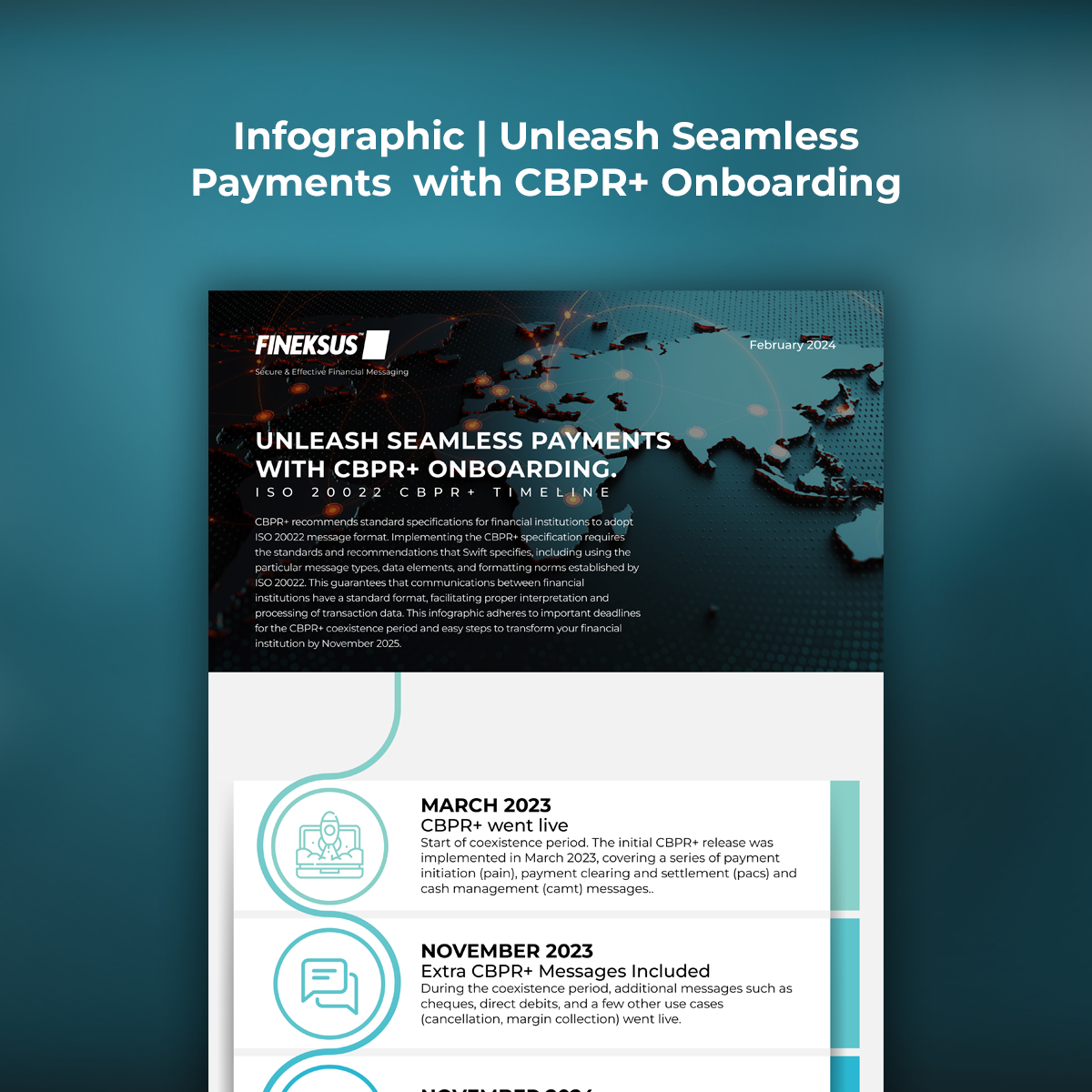How to Build Fintech AML Compliance
Every financial technology (Fintech) start-up has its own core focus on answering a problem in the financial industry. However, after starting the company, the focus begins to get distracted as many other problems about running a business begin to occur. Instead of focusing on improving the product, technology or scaling, entrepreneurs begin to remain under the pressure of the priorities like operations, recruiting, fundraising or legal regulations..
Why Fintechs Need an AML Provider
As Fintech landscape continues to expand, legal issues and anti-money laundering (AML) concerns are also evolving. So it’s a major fact that monitoring the legal and AML compliance areas becomes more of an issue for Fintechs as they have to be aware of the best practices and identify potential legal exposure not to find themselves subjected to a criminal investigation.
In fact, this is exactly the same situation to ask a chef to do farming. Yes, maybe every human being can do it, but no one can get the best result as a farmer can do. Besides wouldn’t it be better for the chef to focus and make improvements on his/her own field?
Unfortunately, these kinds of complications are very common in Fintech industry. Because, no matter how, the regulation compliance issues must be covered. And usually, entrepreneurs don’t have any idea how to deal with it, so they need an effective and experienced AML program provider not to lose status under the federal Bank Secrecy Act (BSA).
Besides, many Fintechs are disposed to join large traditional financial institutions to gain industry, expand into markets and regulatory knowledge. No matter how perfectly Fintechs think they understand and satisfy AML requirements, traditional financial services are usually more suspicious. Traditional financial services usually think that Fintechs have threatening gaps. So partnering with an experienced AML program provider would also affect the relations between Fintechs and traditional financial services and institutions in a positive way.
How to Develop and Maintain an Effective AML Program
Fintechs should be guided by the AML program provider in the development and implementation process. At this point, the five pillars of AML compliance provide a useful starting point for developing a program.
Five pillars of AML compliance
The AML compliance program should be designed and implemented to meet AML requirements. Compliance programs should correspond to the financial policies, procedures and processes of the financial institution. The AML compliance program should meet the following requirements;
- Internal Controls Checkup
- Independent Testing Checkup
- AML Compliance Officer Checkup
- Training Checkup
- Customer Due Diligence
However, there is a major lack of specificity of program requirements under the AML. This can be a challenging situation especially for Fintech companies with new technologies.
Thus, an experienced AML program provider should guide the Fintech company by several additional principles during the process.
Fineksus provides a central, strong and effective next-generation anti-money laundering mechanism and AI backed technologies to streamline AML checks leveraged by deep know-how in the payments system and deep data library to make Fintech companies meet industry standards and regulatory expectations.
If you need an AML program provider with an enriching experience, you can contact us.
Tuncay Coruh, Product Manager

